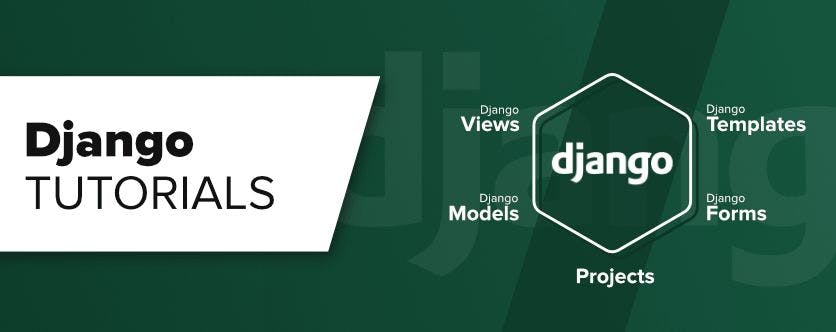326 reads
Part One: An open-source python REST API (Tribal) using Django framework
by
March 3rd, 2023
Audio Presented by

I love technology and innovation, web development and problem-solving!
About Author
I love technology and innovation, web development and problem-solving!
